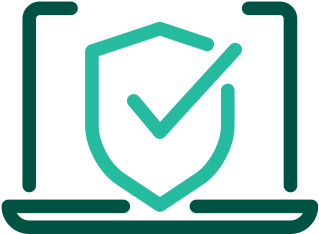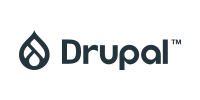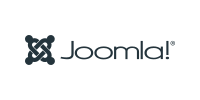Preventing Future Spamdexing Attacks
In the process, we take various steps to help harden your website after the cleanup and prevent future attacks. Our team will provide instructions to new clients on how to avoid reinfection. After the website is cleaned, we advise you to activate the Sucuri Web Application Firewall (WAF) to make sure reinfections won’t happen. The Sucuri website firewall is part of all Website Security Platform plans and acts as a barrier that filters out malicious requests, protecting your site from attacks and hacks.
If the website is somehow reinfected, rest assured that we offer unlimited cleanup requests throughout the lifetime of the subscription. Additionally, the Website Security Platform provides several monitoring options, alerting you instantly if we detect anything that could compromise the security of your website.
























